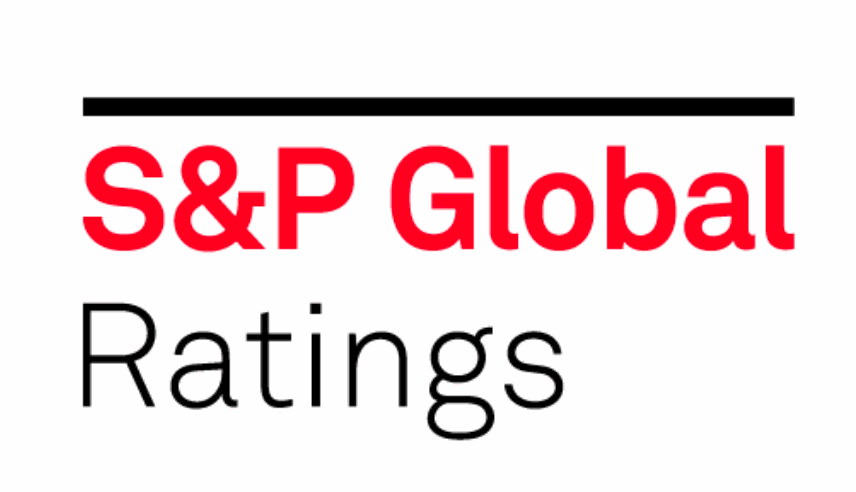Structural changes protecting reinsurance capital providers from SCS losses: S&P

Were it not for the structural changes and adjustments to reinsurance contract terms made over the last few rounds of renewals, the severe convective storm activity in the United States this year would have been far more impactful to reinsurance capital providers, S&P Global Ratings has said.
Losses from so-called secondary perils, such as severe convective storms (SCS), have been heavy for the insurance industry through 2023 and the first-half of 2024.
In fact, SCS losses in the United States have been the leading cause of catastrophe losses across the insurance and reinsurance industry so far this year.
But S&P Global Ratings has noted that, “Primary insurers bore the brunt of these losses, while reinsurers’ strategic positioning largely shielded them.”
Despite these years experiencing heightened activity and insured losses, for reinsurance capital providers there has been a marked improvement in performance and returns delivered, driven by the structural changes in reinsurance and strategic actions taken during the renewals, S&P said.
This included all the usual changes made through the industry’s reset higher and away from frequency volatility, such as elevated attachments, tighter terms, fewer aggregate covers, scaled down limits, and the general repricing of risk.
“With these changes, global reinsurers experienced robust overall performance in 2023 and the first half of 2024. In contrast, primary insurers, especially in the U.S., faced significant challenges, grappling with increased retentions and therefore bearing the brunt of numerous SCS,” the rating agency said.
Adding that, “While the demand for natural catastrophe reinsurance protection remains robust, it will be crucial to observe how long reinsurers can maintain their underwriting discipline. The risk of yielding to competitive pressures, as witnessed in the past, will be a critical factor influencing reinsurers’ future underwriting profitability.”
It was the dramatic shift in 2023 that has now shielded reinsurance capital providers against these losses, and while pricing reached multi-decade highs, S&P notes that it was the structural changes that mattered.
Going forwards, discipline and how long it can be maintained will be critical for reinsurance results and returns, but the rating agency notes that any reversal could result in more pressure.
S&P Global Ratings Director Taoufik Gharib said, “While we haven’t taken any negative rating actions on any reinsurers due to natural catastrophe losses in the past 18 months, we believe it will be crucial for reinsurers to maintain underwriting discipline amid robust demand for natural catastrophe reinsurance.”






